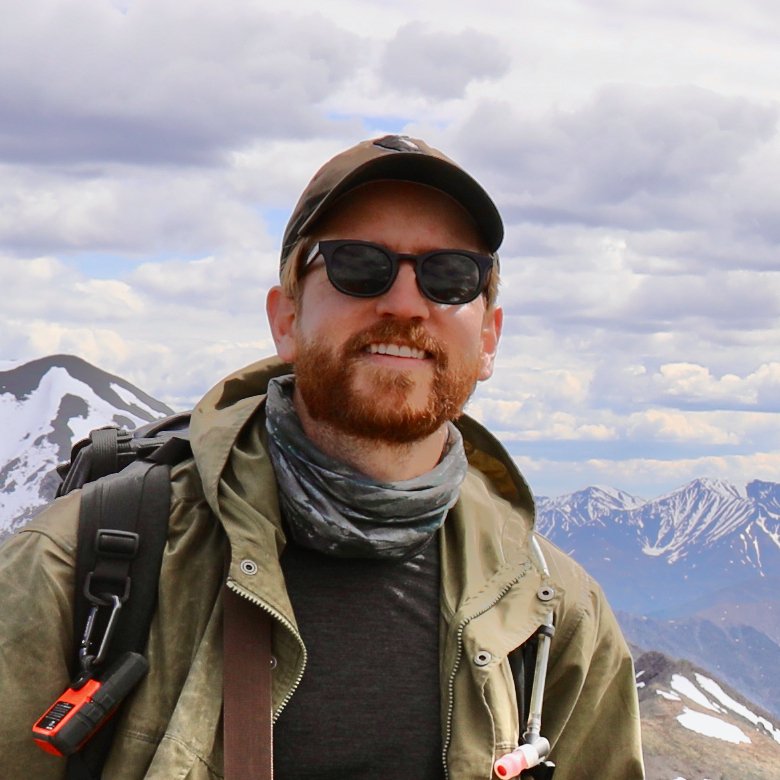Seminar: Maxwell Lecthe, 4th December 2023 1PM ET
Did early eukaryotes inhabit oxygenated environments? Constraints from the geological record
Maxwell Lechte
McGill University
Monday, December 4th 2023, 1PM ET / 5PM ET
Livestream: https://go.wisc.edu/xiblkk
Registration: go.wisc.edu/453g11
Eukaryotic life resulted from the union of an archaeon with a bacterium during the Proterozoic Eon. This major evolutionary transition provided eukaryotes with the ability to respire using free oxygen (O2), paving the way for the eventual rise of complex life. Despite recent advances in our understanding of the nature of the prokaryotic ancestors of eukaryotes from molecular phylogenetics, the nature of the earliest eukaryotes continues to be debated. In order to investigate the evolutionary significance of the earliest fossil evidence for eukaryotes, we conducted an integrated sedimentological–geochemical–palaeontological study of the Greater McArthur Basin of Northern Territory (Australia). In this region, well-preserved drill-core successions
collectively record deposition from ca. 1.75–1.3 Ga in a range of marine environments, and host some of the oldest microfossils of eukaryote-grade complexity. We use a multi-proxy approach by analysing the iron speciation and redox-sensitive trace metal abundance of these fossil-bearing sedimentary rocks in order to interpret the water column redox state at the time that these organisms lived. Eukaryote fossils are significantly more abundant and diverse in coastal, oxygenated environments, and are scarce in samples from deeper, anoxic settings. We speculate what these palaeoecological trends mean for early eukaryote evolution, such as the acquisition of O2-tolerance and mitochondria.

